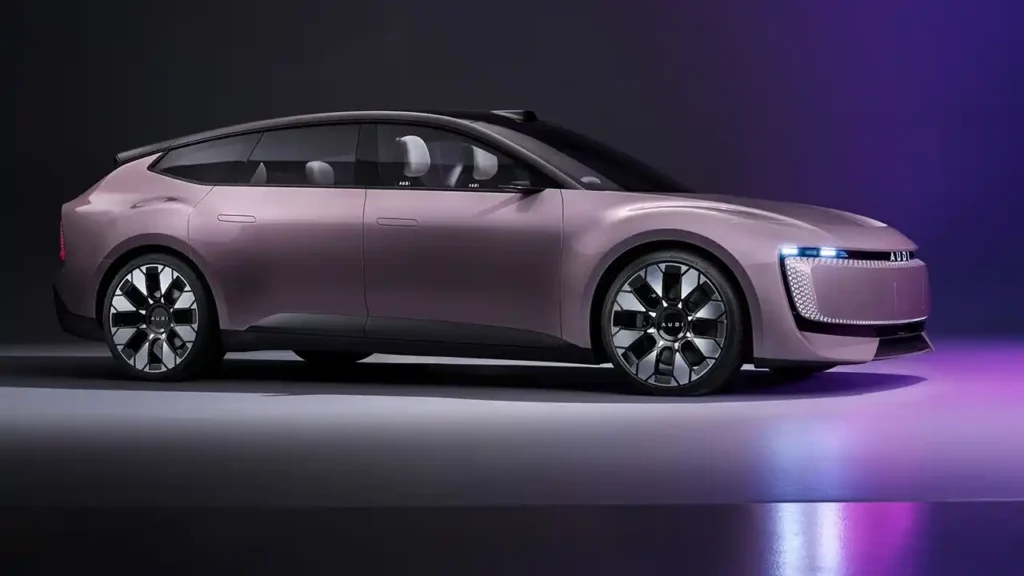- Web
- Feb 20, 2026
Chinese EV platforms become lifeline for top car brands in global market

SHANGHAI: When Audi executives first laid eyes on the Zeekr 001 in 2021, it was more than just another sleek electric car on the road. The long-range Chinese EV, built with European styling and advanced tech, sent a shockwave through Germany’s premium auto industry.
“The Zeekr 001 back then shocked quite everyone,” admitted Stefan Poetzl, president of SAIC Audi Sales and Marketing. “We needed to do something about it.”
Audi’s fast-track response
That “something” turned into the AUDI E5 Sportback, a $33,000 EV developed in only 18 months. Powered by batteries, an electric drivetrain and software provided by Chinese partner SAIC, the car is set to hit Chinese showrooms this month. For Audi, the partnership was less about pride and more about survival in a market where Chinese players are dictating the pace.
Other big names are following the same path. Toyota has teamed up with GAC, Volkswagen is working with Xpeng, while Renault and Ford are exploring ways to base entire global models on Chinese EV platforms.
‘China Inside’ moment for EVs
Industry experts say the trend mirrors the famous “Intel Inside” campaign of the 1990s. Just as Intel chips powered premium PCs, Chinese EV makers are now offering ready-to-use platforms, chassis, batteries, and software, that let automakers roll out new models at lightning speed and a fraction of the cost.
Leapmotor, for example, has partnered with Stellantis to take Chinese EVs overseas, while Renault’s low-cost Dacia Spring in Europe already sits on a Chinese-made platform. Ford is also on the lookout for a Chinese partner, with CEO Jim Farley openly praising Xiaomi’s SU7 sedan.
Volkswagen has expanded its plans to use Xpeng’s technology for China-focused models, though insiders say if the collaboration proves successful, it could reshape VW’s strategy globally.
The win-win equation
For Western automakers, the appeal is clear: save billions, slash development time, and finally catch up to nimble Chinese rivals. For Chinese companies, licensing deals provide much-needed revenue as they battle a bruising price war at home and mounting trade restrictions abroad.
“It is a very smart, win-win solution,” said Will Wang of Shanghai-based Autodatas, a firm that analyses EV tech.
Lingering concerns
But not everyone is convinced the partnership model will hold long-term. Former Aston Martin CEO Andy Palmer warned that over-reliance on Chinese technology risks turning legacy automakers into “just retailers” with little brand distinction.
Consultants argue that while licensing helps automakers survive today’s EV arms race, blending in their own technology will be crucial to staying relevant tomorrow.
For now, though, the writing on the wall is clear: if you want to compete in the EV game, chances are you’ll need a little “China inside.”
Read next: Oil prices cool as supply concerns outweigh global tensions





